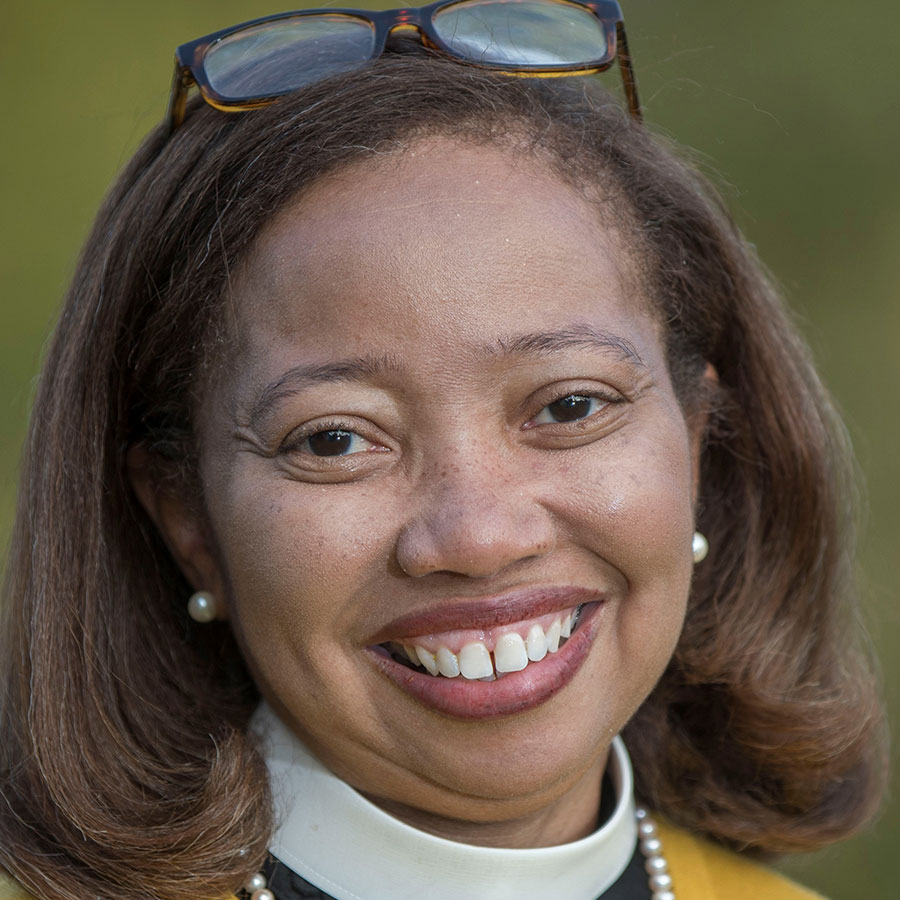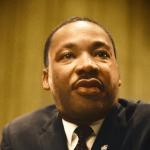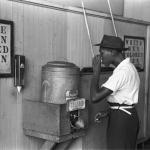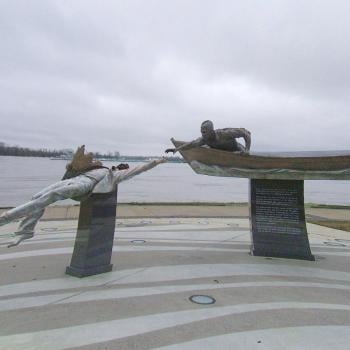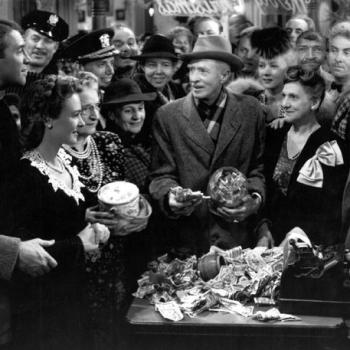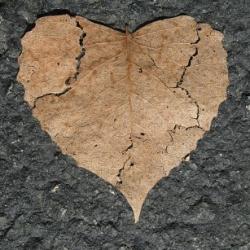
Now the man knew his wife Eve, and she conceived and bore Cain, saying, ‘I have produced a man with the help of the Lord.’ 2Next she bore his brother Abel. Now Abel was a keeper of sheep, and Cain a tiller of the ground. 3In the course of time Cain brought to the Lord an offering of the fruit of the ground, 4and Abel for his part brought of the firstlings of his flock, their fat portions. And the Lord had regard for Abel and his offering, 5but for Cain and his offering he had no regard. So Cain was very angry, and his countenance fell. 6The Lord said to Cain, ‘Why are you angry, and why has your countenance fallen? 7If you do well, will you not be accepted? And if you do not do well, sin is lurking at the door; its desire is for you, but you must master it.’ 8 Cain said to his brother Abel, ‘Let us go out to the field.’ And when they were in the field, Cain rose up against his brother Abel and killed him. 9Then the Lord said to Cain, ‘Where is your brother Abel?’ He said, ‘I do not know; am I my brother’s keeper?’ 10And the Lord said, ‘What have you done? Listen; your brother’s blood is crying out to me from the ground! 11And now you are cursed from the ground, which has opened its mouth to receive your brother’s blood from your hand. 12When you till the ground, it will no longer yield to you its strength; you will be a fugitive and a wanderer on the earth.’ (Genesis 4:1-12)
The first act of violence that is recounted to us in scripture comes quickly: Just four chapters into the Book of Genesis, Cain kills his brother, Abel. For reasons that are not explained, the two brothers have decided to make an offering to their Creator of the gifts of their hands – Cain, of the fruits of the ground, and Abel, of the firstlings of his flock. It seems significant that the two brothers occupy complementary roles as a tiller of the ground and a keeper of the flocks; working together, they might have accomplished much.
But Cain’s experience of his offering not having been accepted by the Creator in the same way as his brother’s offering has been accepted has left him angry. The Lord has warned Cain that he must master the sin and violence that have come for him. Cain instead is consumed – and away in the field, perhaps believing that he was away even from the Creator’s sight, Cain kills Abel.
After Cain has killed Abel, God asks Cain about his brother’s whereabouts. In response, Cain lies, saying that he does not know, and then asks (perhaps, sarcastically?), “am I my brother’s keeper?”
Perhaps it is true, as at least one scholar, Paul Riemann, has posited, that no human can or should be the “keeper” of another human being; only God is the keeper of us all (Psalm 121:5).
In Genesis 4, God is indeed the keeper of both Abel and Cain. God sees both the one who has been killed and his killer. Abel’s blood cries out to God from the ground, and Cain – rightly judged for his murderous act – suffers the consequences of his wrongdoing as he is left to live as a fugitive. Cain cannot escape God’s judgment, but Cain is nonetheless marked by God so that he will not be killed by another.
How do we answer the question, “am I my brother’s keeper?”
Of course, we have an ultimate responsibility to one another. God has given us commandments, which inform us of the ways in which we live in right relationship with God and with one another. Author and theologian Walter Brueggemann suggests that how we live in relationship with one another and how we live in relationship with God truly cannot be separated. Indeed, Brueggemann says, “life lived with the brother is not lived in a void, but lived in relation to God.”
Cain and Abel become metaphors for us all: humans, made in the image and likeness of God, humans with gifts and skills that should be complementary to help us live together well in the life that God has given us.
But, rather than sharing together in life, rather than putting those gifts to use to help one another, far too often we become separated from one another for reasons that we cannot explain. We allow anger, rage, jealousy, bitterness and resentment to strip from us the peaceful life together that God intended. We inflict harm on one another, and cause one another and all of our world great pain. We suffer the painful consequences of having hurt one another. Our communities suffer from our violence, for it does seem that violence begets violence: The more violence we inflict upon each other, the more violent our responses to one another become.
There must be another way.
On January 7, 2023, a 29-year-old man named Tyre Nichols was beaten by Memphis law enforcement officers following a traffic stop. He died from his injuries three days later.
Five police officers have been fired and have been charged with felonies ranging from second-degree murder to aggravated assault to aggravated kidnapping and official misconduct. The officers’ body cam video footage already seen by Nichols’ family and their attorneys will be released to the public. Even before its release, many persons are stating a preference not to watch it; many persons are concerned that the video will only promote more violent protests around our country.
There must be another way – to continue to demand justice, to protest peacefully without violence, and to hold wrongdoers accountable for their wrongdoing.
There must be a way for all of us – humankind, made in the image and likeness of God – to use our complementary gifts to promote justice for all of God’s people. There must be a way for all of us to live not in a void, but in right relationship with one another and with God.
Tyre Nichols’ mother is praying, begging for peace. I pray with her for peace, for our communities not to suffer harm.
And I also pray for justice: justice not solely in response to Tyre Nichols’ death, but justice for every person who fears an encounter with law enforcement, especially persons suffering from certain conditions and mental illnesses whose behaviors and responses at the time of such an encounter may not be what law enforcement officers would describe as “typical” and which place those persons at particular risk.
May today be a new opportunity for community leaders throughout our country to unite for justice and peace. May today be a new opportunity for us to see one another’s humanity – and desire for all persons the same peace that we desire for ourselves.
Please, Lord, may it be so.


